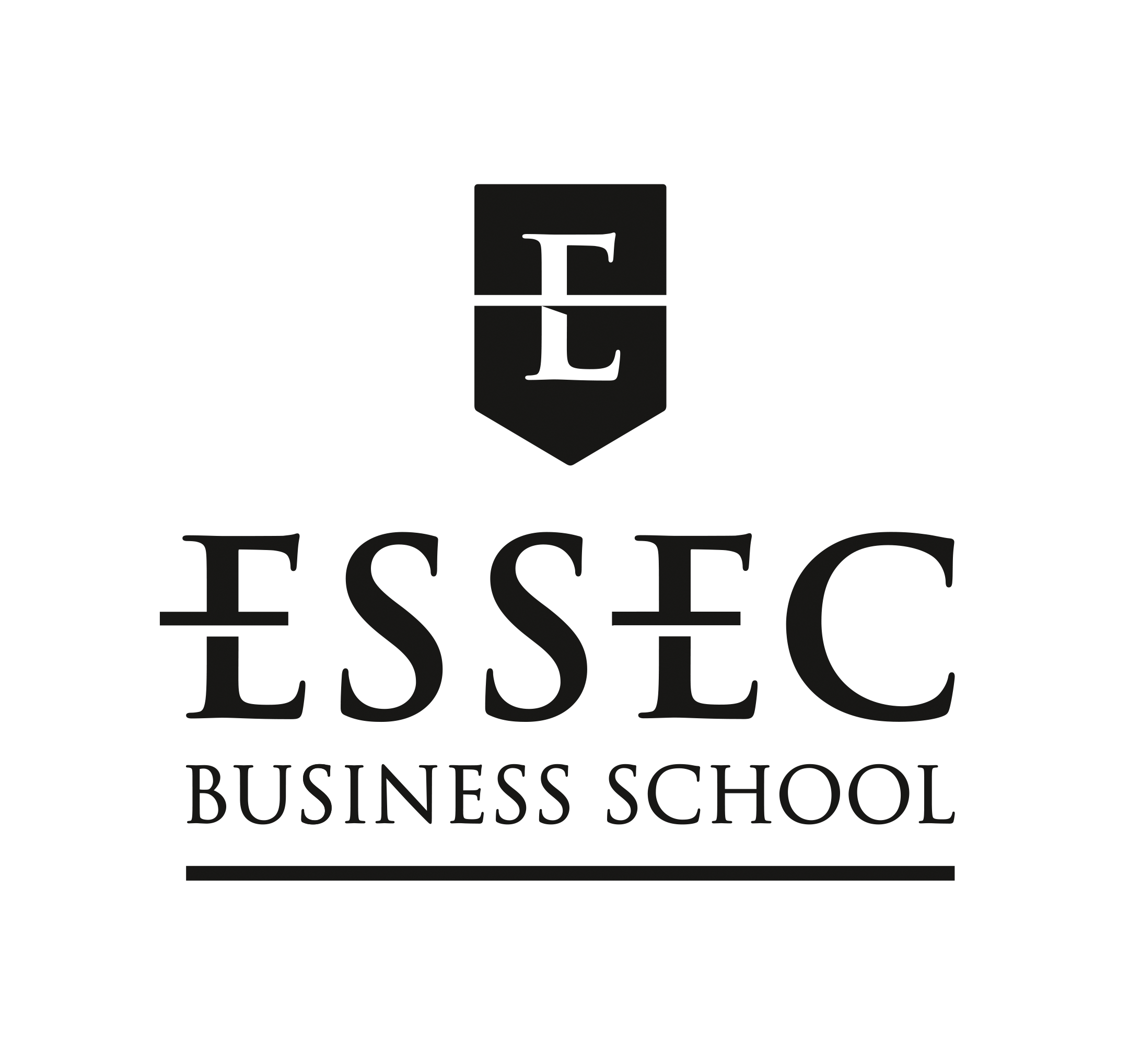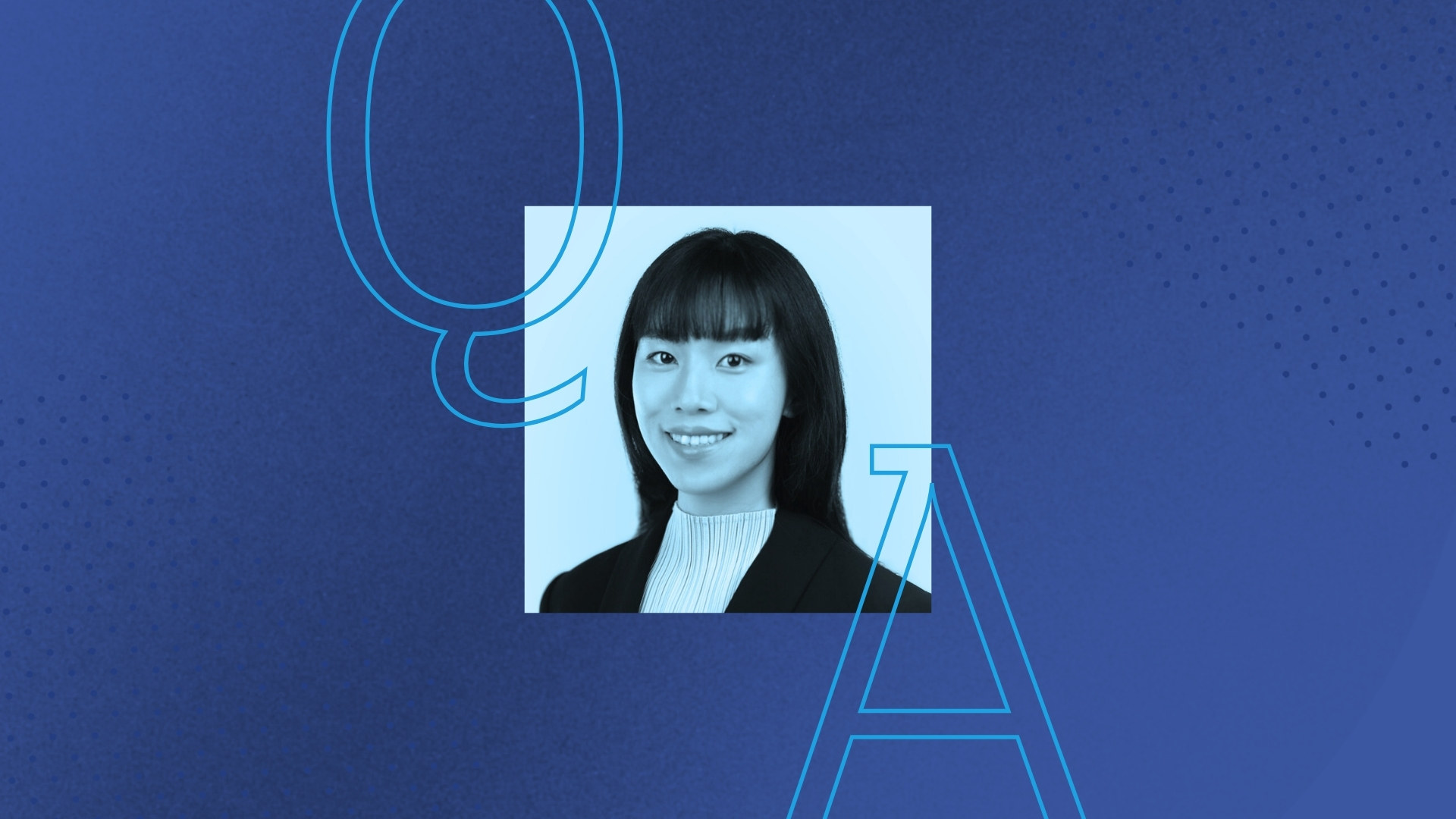- The Thai national chose ESSEC Asia-Pacific because of Singapore’s reputation as an infrastructure and financial hub.
- Master in Finance (MiF) program develops practical skills and broadens understanding of different finance roles.
- ESSEC Career Services provides relevant job search support.
Infrastructure transcends brick and mortar, concrete, and steel—it is the backbone of economic growth, crucial for connecting communities and creating jobs. This understanding of its importance and impact drew Thai national Jitrapa Rodjanapattarakul (Peem) into the sector.
After graduating from Mahidol University in 2018, Peem spent three years working for the capital project and infrastructure team at PricewaterhouseCoopers (PwC) Thailand. In 2021, in hopes of deepening her skillset, she took the leap back into school and leveraged the ESSEC Excellence Scholarship to join the ESSEC Master in Finance (MiF) program.
Today, Peem has secured a full-time position as a senior associate at the Ernst & Young Global Limited (EY) infrastructure advisory team. The team advises clients on large and complex infrastructure projects covering sustainability, digitalization, energy, and more, allowing her to offer her financial expertise to drive large-scale infrastructure projects impacting the developing Southeast Asian region.
She shares how ESSEC Asia-Pacific has helped her get here.
What made you choose the Master in Finance (MiF) at the ESSEC Asia-Pacific campus in Singapore?
My goal for the next five to 10 years is to positively impact lives through infrastructure development. A Master in Finance would help me develop the technical and analytical skills needed to achieve this.
I believe it’s pretty standard for Thai people to pursue a master’s degree—but they usually choose to go to the UK, USA, or Australia. ESSEC Business School stood out because of its credibility and career-focused curriculum to help students pursue corporate finance, financial markets, or fintech careers.
I selected the Singapore campus because I plan to develop my career in the country and take on regional projects. The strong ESSEC alumni network, coupled with how the government is both a financial and infrastructure hub, will enable me to network with professionals in the field, learn from their experiences, and, ultimately, reach my career goals.
Could you share how ESSEC has added value to your existing work experience?
Studying at ESSEC has allowed me to gain a deeper understanding of various aspects of a career in finance. The MiF program is much more practical than my undergraduate degree. We learn from instructors who are practicing experts in the fields and can share from experience how the concepts we cover in class are applied in the real world.
I’ve also learned a lot from the guest speakers the school invites over the year and the study trips MiF students take.
For example, although my previous role heavily involved project finance concepts, I only understood it from the advisory point of view. However, the study trip allowed me to see the perspective of a project finance lender and the key considerations that someone in such a role will have—it has opened my eyes to the different career options for me in the future.
Has the career services helped you in your job search?
Yes. Before my job interviews, I contacted the career services team for interview preparation advice and a mock interview session.
They also organized several workshops yearly to equip students with the skills needed to secure a job. This includes tips for networking, resume crafting, and technical and cultural fit interviews. The support and advice they give is excellent!
Do you have any advice for future MiF students from Thailand?
Having clear goals about what you want to achieve in your career and where you want to be in the next few years is essential. Be open-minded, reach out to different people, and be willing to learn from their experiences. The MiF program can be challenging, but the journey is worth it.
RELATED POSTS
GBBA Student Kyra Poh: Chasing Dreams Beyond the Skies
Champion indoor skydiver Kyra Poh, with 50+ golds, merges sports and business at ESSEC’s Global BBA, leveraging global opportunities to fuel her…
GBBA Student Ambassador Cyril Garreau: A Journey of Growth, Impact, and Global Opportunities
Student Ambassador Cyril Garreau reflects on how his impactful social field experience in Nepal and internships at the World Bank and Amundi have…
GBBA Student Kim Min Joo: From ESSEC Singapore to a Double-degree at Peking University
Blending her multicultural background with the opportunities at ESSEC, Global BBA student Kim Min Joo reflects on her growth, from her marketing…
GBBA Student Vivien Cotier: Internship Experience at L’OCCITANE Group
Find out how Vivien Cotier's ESSEC Global BBA experience led to a role at L'OCCITANE Group, shaping his career aspirations in digital transformation,…
MMD Student Vivian Xing: From NYU Gallatin to ESSEC APAC and the Discovery of a Creative Path
ESSEC MMD student Vivian Xing's unconventional academic journey led her to pursue a marketing career in luxury and beauty, balancing internships,…
GBBA Student Jeslyn Jerota: Embodiment of Global Citizenship
Jeslyn Jerota, a Global BBA student at ESSEC, shares her transformative experiences from the IBEA program to internships at CitiBank and China Bank…








